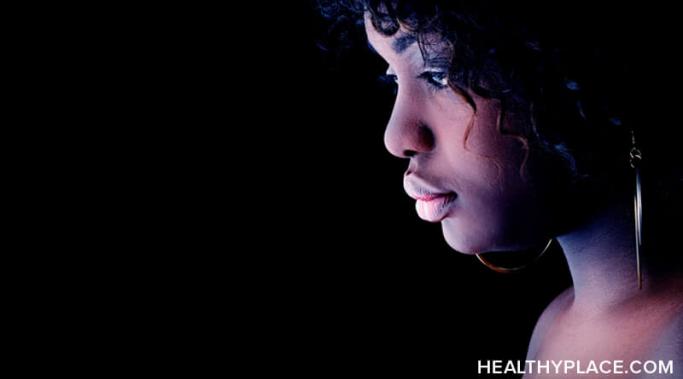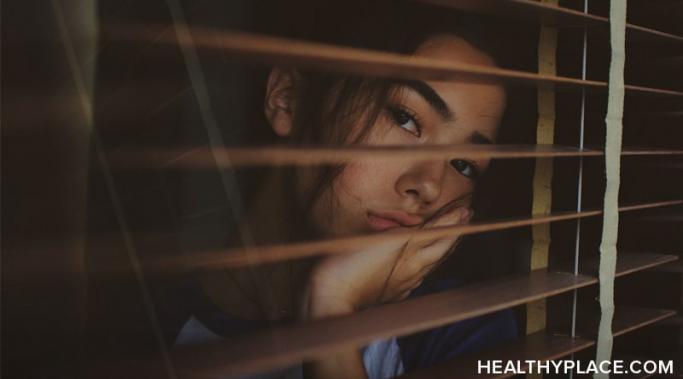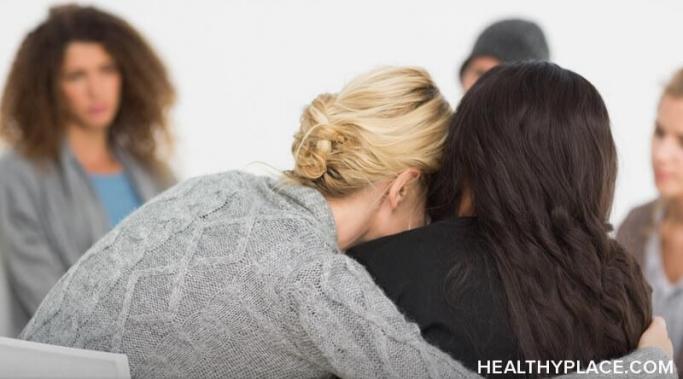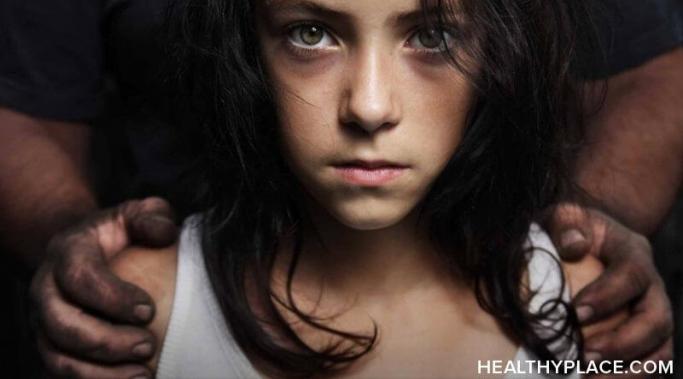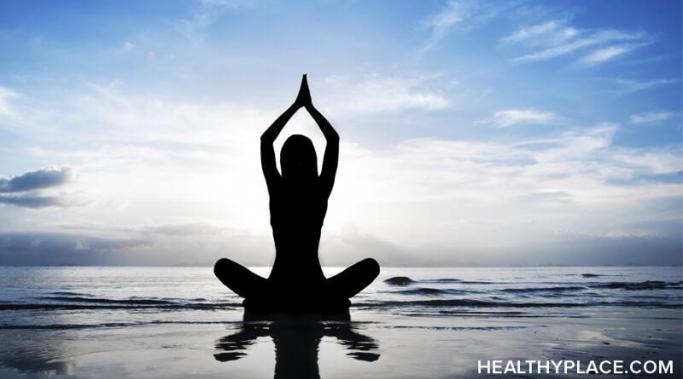As a college freshman, I was hospitalized for anorexia. It's been almost a decade since then, but no one told me about the pain—and payoffs—of residential eating disorder treatment. I had just embarked on a harrowing three-month process that would stretch, unravel, and change me.
Eating Disorders Treatment
As the United States is ablaze in chaos that has erupted from systemic racial violence, I find myself worried for the mental health of Black men and women because—false stereotypes aside—Black people suffer from eating disorders too.
Have you become stuck in the tension of how to approach eating disorder recovery when you don't feel ready? This is a common dilemma—the belief that you can't pursue healing until the motivation, desire, and commitment all of a sudden materialize.
I am exercising less in quarantine—and that is acceptable. In these last few months, COVID-19 has disrupted many of the routines and norms that were baked into my life without question before, and one of those routines is fitness. My motivation to workout seems to decline with each passing day, which is unusual for me, a committed runner with a history of chronic overexertion.
Convincing myself that I feel poised, satisfied, uninhibited, confident, free, and at home in my own body all the time sounds excellent in theory, but I find it does not always work in practice. For this reason, I maintain that body acceptance is a more realistic goal than body positivity. Of course, it would be ideal to stand in front of a mirror and genuinely admire the curves and contours of my reflection, but this just happens sometimes—it's not an outlook I can manufacture out of sheer obligation to praise my body.
It's been crucial for me to learn how to help others in eating disorder recovery without derailing my own since I both mentor young women with eating disorders and am vocal about my own healing from anorexia. I often find myself on the receiving end of phone calls, text messages, and coffee dates which tend to start with the conversation opener, "I don't know who else I can trust to share this with, but I have an issue with food and body image. Can we talk about it?"
While it has been proven that anyone—no matter their life circumstances—can suffer from an eating disorder, some people who experience acute trauma could be more vulnerable to this illness than others. So, I think it's important to raise awareness for the prevalence of eating disorders in human trafficking victims.
When I finally made the decision a couple of years ago to heal from my lifelong battle with anorexia, one lesson eating disorder recovery taught me is that access to healthy food is a privilege. As I obsessed about the nutrition and ingredients of whatever I consumed—tabulating each item's sodium, carbohydrate, and refined sugar content—it dawned on me that not everyone can afford to be as selective or meticulous about the foods they eat.
I had no intention of being someone who unrolls a mat in a candlelit room and chants, "Namaste," with my palms entwined at heart's center, but this is me nonetheless—yoga is now part of my eating disorder recovery, and I am thankful for the conduit of healing it's become. I have a long, complicated—and, at times, unhealthy—relationship with exercise. I am also an intense, feisty, and energetic person by nature which means that my workouts often match this intensity, but one exercise that I never imagined I would feel such a profound, almost sacred connection to is yoga.
There is a vicious, rampant correlation between eating disorders and bullying—the epidemic is real, and children of all ages can be vulnerable to the mental and physical ramifications. In the United States alone, 65 percent of those with eating disorders have reported that incidents of bullying caused their behaviors to manifest, and 40 percent of children or adolescents are mocked by their peers for weight-related issues.1 This data, compiled by the National Eating Disorders Association (NEDA), also notes that when bullying occurs, a victimized person will often experience bouts of insecurity, poor self-esteem, body image distortion, and an urge to numb the painful emotions. So in order to protect children from these adverse effects, it's crucial to understand the epidemic scale of eating disorders and bullying.

